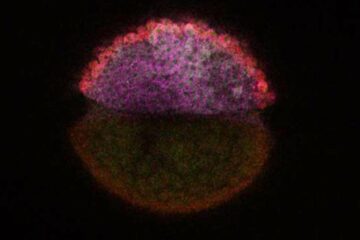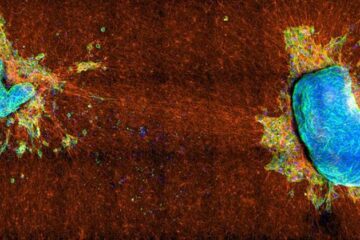Diagnosis, therapy and prevention of Psoriasis vulgaris and other poststreptococcal long term consequences

Proteins of the Lancefield group A haemolytic streptococci (Streptococcus pyogenes) share amino-acid sequence homologies with various human proteins. As a result, a protective immune response against group A haemolytic streptococci may cross-react against organ-specific homologous epitopes and turn into a pathogenic autoimmune response due to molecular mimicry. This may result in chronic inflammation and autoimmune tissue damage and promote several post-streptococcal sequelae, which include psoriasis vulgaris, poststreptococcal glomerulonephritis, rheumatic fever, and the group of Paediatric Neuropsychatric Disorders Associated with Streptococcal infection (PANDAS). Currently, no specific diagnostic markers are available for these diseases.
Four proteins have been identified as autoantigens for the poststreptococcal cross-reactive autoimmune response (Ezrin, SerpinB5, Peroxiredoxin-2, heat shock protein beta-1). These proteins can be used as diagnostic markers for poststreptococcal diseases and are also potential targets for their therapy or preventive vaccination. The proteins identified could be used in serologic tests such as ELISA or Dip-stick test to support a specific diagnosis, which would allow for a better disease classification, define early treatment indications and thus improve the prognosis of those diseases.
Further Information: PDF
Bayerische Patentallianz GmbH
Phone: +49 89 5480177-0
Contact
Peer Biskup
Media Contact
All latest news from the category: Technology Offerings
Newest articles

Decoding development: mRNA’s role in embryo formation
A new study at Hebrew University reveals insights into mRNA regulation during embryonic development. The study combines single-cell RNA-Seq and metabolic labeling in zebrafish embryos, distinguishing between newly-transcribed and pre-existing…

Study sheds light on cancer cell ‘tug-of-war’
How cancer cells tug against each other determines whether they can migrate elsewhere in the body. Understanding how cancerous cells spread from a primary tumor is important for any number…

Latest generation of self-dissolving stents
Magnesium implants support coronary arteries and keep them open. Constricted coronary arteries harbor dangers: Because the heart is not supplied with blood properly, this can lead to pain, cardiac arrhythmia,…

















